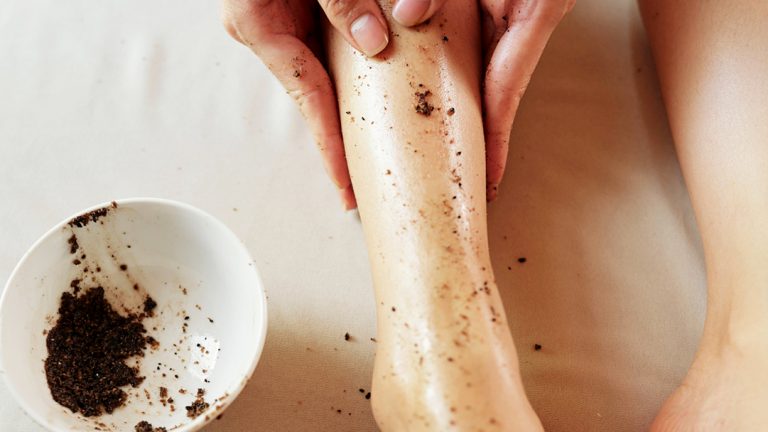So here are five helpful tips to prevent dry skin on the legs and feet throughout the year.
1. Sip plenty of water
One of the key treatments for maintaining the moisture of the skin on the legs and feet is water. Drinking water is crucial to reducing or preventing periods of dryness on the legs and feet. It is simple to obtain, costs just a small amount of money and is applicable all year round. Keep in mind that the body dehydrates the skin on the legs and feet as soon as there is physiological or moderate dehydration!
2. Take B, C, and E vitamins.
Additionally, a balanced diet gives the skin the vitamins it needs, particularly vitamins C and E and B vitamins. Along with working in concert with vitamin E to protect cells from oxidative stress, vitamin C also encourages the production of collagen, which is necessary for healthy skin. Vitamins B2, B3, and especially B8 (or biotin) help to maintain healthy skin. Supplementation may be useful if your diet falls short.
3. Borage oil to get smooth legs
Omega 6 is a crucial ingredient for nourishing and hydrating the skin, and oilseeds are particularly high in this fatty acid. As a helpful adjuvant to support the integrity and functioning of cell membranes and to enhance the tropism and functionality of the skin, borage oil extract is also included in food supplements.
4. Minimal foam for delicate cleaning
Avoid using body soaps or cleansers that foam or are high in surfactants since they will wash away the fatty portion of the hydrolipidic coating. For dry skin, you can select gentle cleansers, even in the shape of milk or light mousses. The best products are cleansing oils, which are typically based on vitamin E, borage oil, and other oils like argan that replenish the hydrolipidic film while washing away only pollutants and powders.
5. Body products that nourish, moisturise, and offer protection
Last but not least, to avoid or reduce dry skin on the legs and feet, pick the most nourishing, moisturising, and protective cosmetic and use it frequently. We frequently neglect the skin on the body, especially the legs and feet, in our regular beauty routines, focusing instead on the face, especially in the winter.
To maintain skin that is soft, smooth, supple, vital, and always beautiful, it is crucial to choose and use the correct body cream to nourish, moisturise, and protect the skin. a gesture of good looks and health that protects the hydrolipidic film and lessens the impacts of elements like cause, environment, diet, and habits.
Shea butter, vegetable oils, lanolin, moisturising components like hyaluronic acid, glycerin, or urea, and protective ingredients like vitamin E with antioxidant action are among the active substances that must be present in your body cream. When you expose yourself to the sun in the summer, not simply the sea, you must also use sunscreen with a protection factor appropriate for your phototype.
Drink water, eat the correct foods or take supplements to get the nutrients your skin needs, protect it from harmful environmental factors, and apply the right cosmetics every day to wash and care for the skin of your legs and feet.




